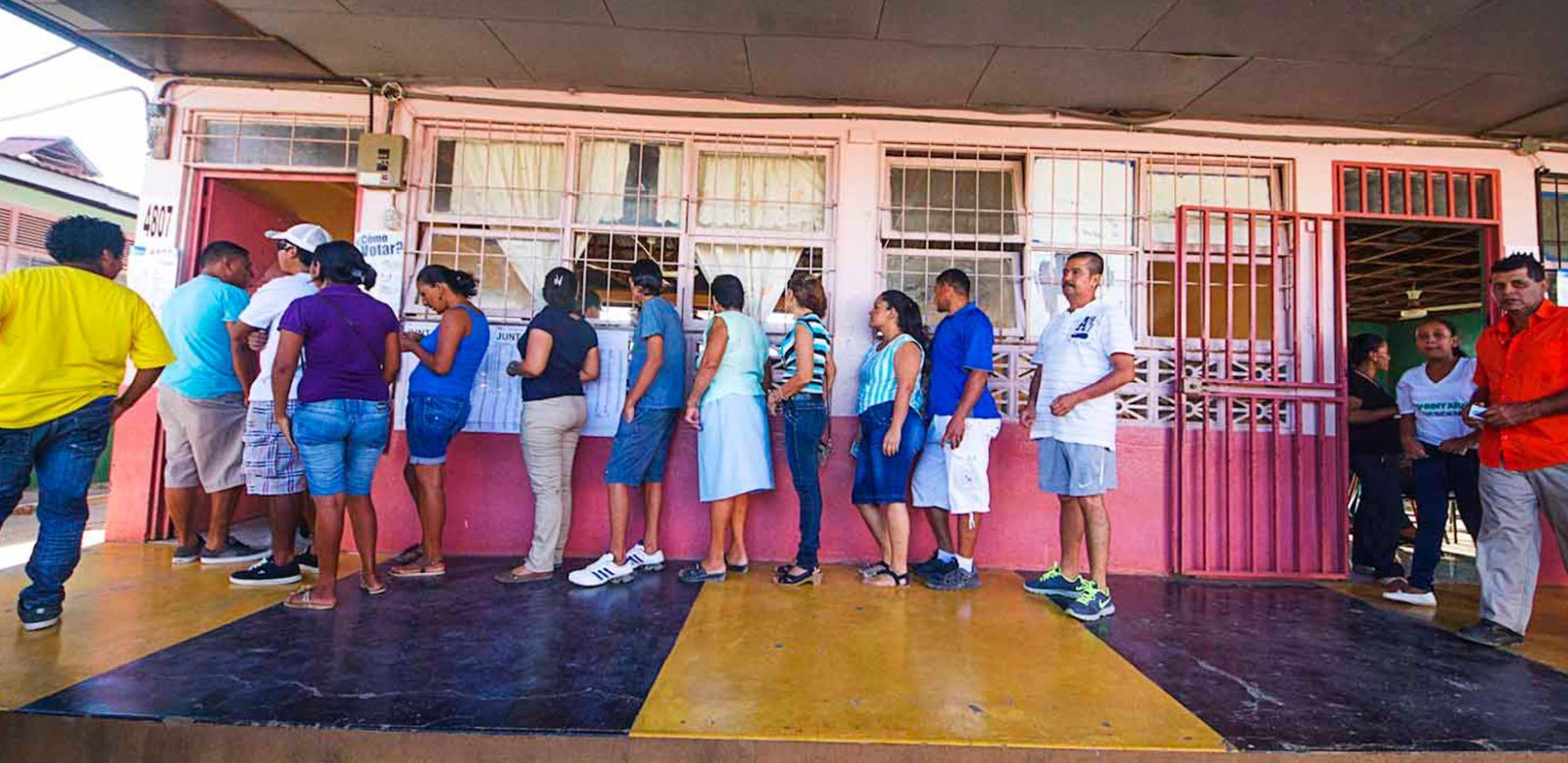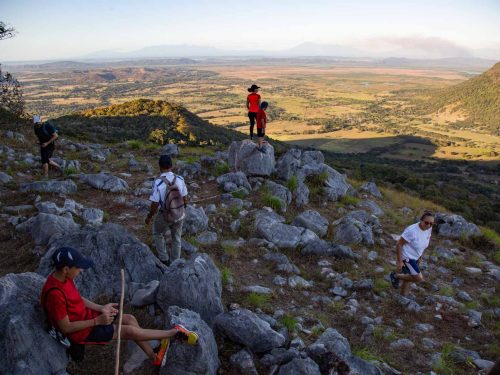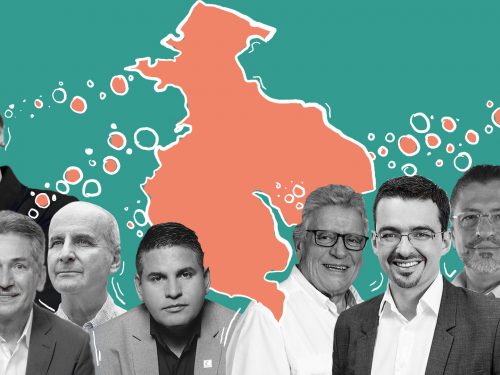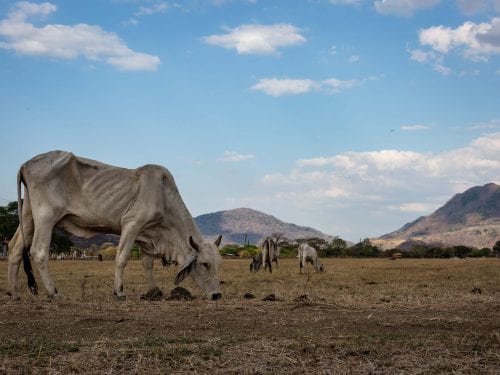
Reviewing the government plans of the candidates for president of the Republic leaves us troubled and worried. The proposals to improve the problems in Guanacaste are lax, repetitive and don’t show a clear strategy with specific goals.
A clear example are the plans to improve the access to and consumption of water in the province, one of problems that has made us suffer the most since the last drought in 2015. Salinization and construction of illegal wells, the lack of a water law and no financing for the most ambitious projects like the Rio Piedras reservoir, the lack of capacity at rural aqueducts to fulfill their capacity are all evidence that a new government should pay urgent attention to the province.
It’s not about solely benefiting one group of people. Here, 54% of the sugar cane and 41% of the rice for all of Costa Rica is grown (according to the last farm census in 2014). More than one million visitors enter the country through the Daniel Oduber airport in Liberia every year. We could go on and on about the advantages the province provides Costa Rica.
Neither the government plans nor the candidates for congress demonstrated that they have projects that would bring clear success. It’s even more worrying that the candidates, once they earn a legislative seat for the province, have few ideas or limit themselves to saying that they will follow the plan that “Mr. President” presents to congress.
Some of them haven’t even reviewed in depth the new water bill, a bill that is indispensable for Guanacaste. All of them, however, mentioned water and its infrastructure as one of the “real” and most important problems in the region.
Another demand that us Guanacastecans should make of our future lawmakers and members of government is that they invest in ways to decrease domestic violence in Guanacaste and other surrounding provinces. None of the congressional candidates mentioned violence against women as one of the real problems the province faces, even when here the rate of violence against women is 38% higher than the average of the rest of the country.
We applaud the plans to help women find work, the regionalization of public education that the candidates propose and the scholarships for students, but we need proposals that reflect knowledge of the province’s key indicators. While we are all Costa Rican, we have peculiarities and it is urgent that they are attended to as they should be: with concrete proposals.







Comments